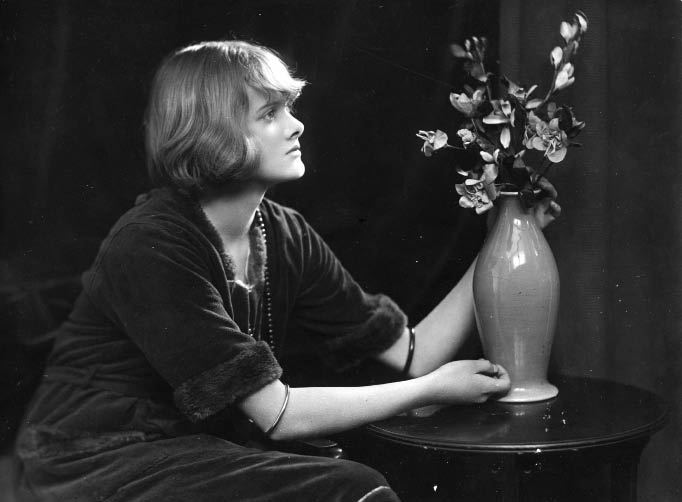Juvenilia is an unfortunate word, with its connotations of the derogatory ‘juvenile’.
Juvenilia is an unfortunate word, with its connotations of the derogatory ‘juvenile’. When they reach adult estate, most writers prefer their early work to be forgotten. But publishers have long ferreted about to unearth the juvenilia of anyone with half a name.Though the reading public has never been so easily conned, such works are appreciated mainly by scholars of an author’s entire ouevre, wanting to trace early influences.
So, if you could buy only one book this week, would it be The Doll, which contains a dozen very early short stories by Daphne du Maurier, and one rather later one (published in 1959)? Unless you are a serious student of her work, the book will have to fight for your money and attention among dozens of shiny new novels and fine older ones, on equal terms. How many people really want to read the first tentative attempts of an aspiring young writer?
Du Maurier became prolific, professional, famous, successful, wealthy and popular. She also became a far better writer than many literary snobs have given her credit for. She was a mistress of good prose, with a sense of place and an understanding of character better than many, and a command of the narrative art greater than most. Yet still she is categorised as ‘light’ and ‘romance’.
None of these early stories is without flaws, and several should never have seen the light of a new day. But the best do two important things. They show portents, albeit sometimes only in flashes that illuminate the dimness, of the greatness that was to come.And they reveal someone whose ability to shape and form a story, a way of writing it, a style, a point of view, were more impressive than those of most of her fellows who were prominent between the Thirties and Seventies. Take the awkwardly titled ‘And His Letters Grew Colder’ (she would surely never have called it that later), an epistolary story about the rapid rise and fall of a passion (one could scarcely honour it with the title of ‘love affair’). Stories told through letters are notoriously difficult to bring off — the modern equivalent, those told by means of fax or e-mail, are just as likely to fail. It is a rather artificial and very constricting form.
Here we have a passion whose course, conveyed in letters by one of the parties alone, begins in June — when the man returns to England from the Far East, and introduces himself to Mrs B, by courtesy of a mutual acquaintance — and runs till December, when he tires of the affair and sails back to China. It is very cleverly done, with style and economy; not many young writers would know precisely what to leave out, but du Maurier does not put a foot wrong, and we come away feeling that we have read far more than is actually on the page. The subtext is there; the detail and depth are for us to supply.
The final story, ‘The Limpet’, published when Daphne was already famous, is brilliant in technique and revelation, written from the point of view of a woman without a smidgeon of self-awareness, whose life is one long, selfish blunder, concealed beneath the guise of concern for others. It is clever and it is brave, because we dislike the character thoroughly and yet cannot resist her appalling company.
And there is the nub of Daphne du Maurier’s great talent as a fiction writer, which is so marked even in these sometimes lack-lustre stories. She is almost without equal among 20th-century writers in being able to create utterly convincing, dislikeable, selfish, even wicked characters, to make one of them the centrepiece of book after book, story after story, and to win our avid attention and understanding, even as we recoil. The people in these stories are greedy, vapid, exploitative, underhand, manipulative and insensitive—and yet we cannot get enough of them.
The title story is the least credible, not because the central character is bad but because she is one-dimensional — a girl without a past or background, who plays the violin like the demon fiddler, and half-seduces men before abandoning them in favour of a life-size male doll with whom, it is hinted, she prefers to have her intimate relations. Because it is unconvincing, it is quite unfrightening. But that is so often the way with horror; it is a tricky medium to get right.
Should you buy this book over and above the others on the shelf? Yes, because du Maurier is endlessly interesting, via her writing and her own life. She could teach most young novelists and short-story writers today a thing or three, and even her uneven early work absorbs us simply because she was born with the storyteller’s gift and power.
Buy it too for the perceptive introduction by Polly Samson, one of our best contemporary short-story writers, who has something new to say about du Maurier — quite a feat in itself.







Comments